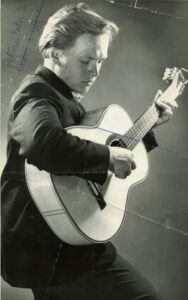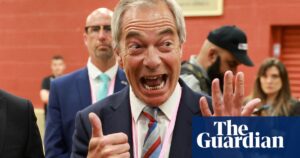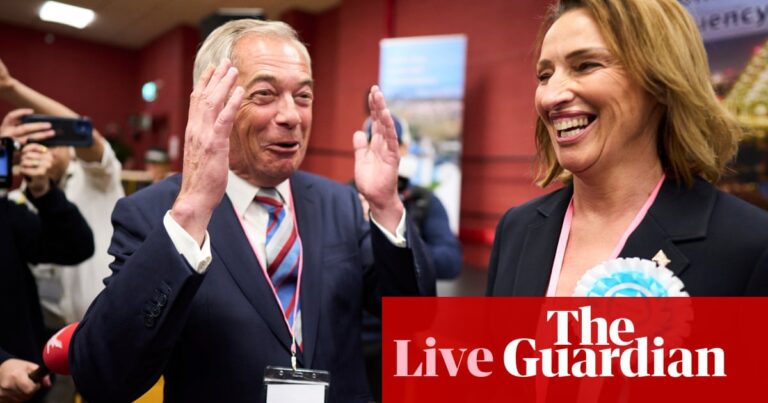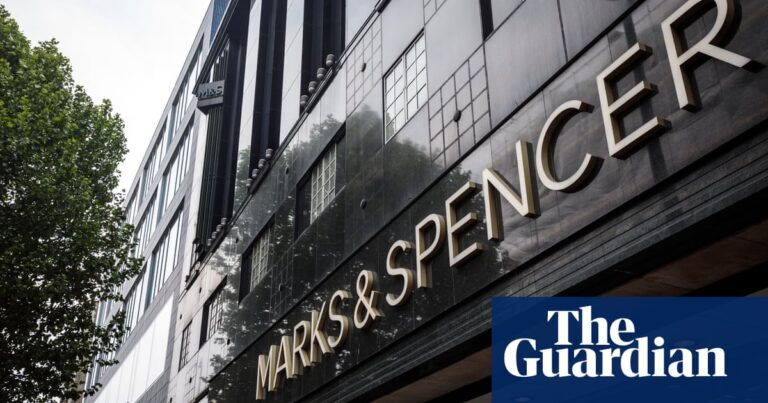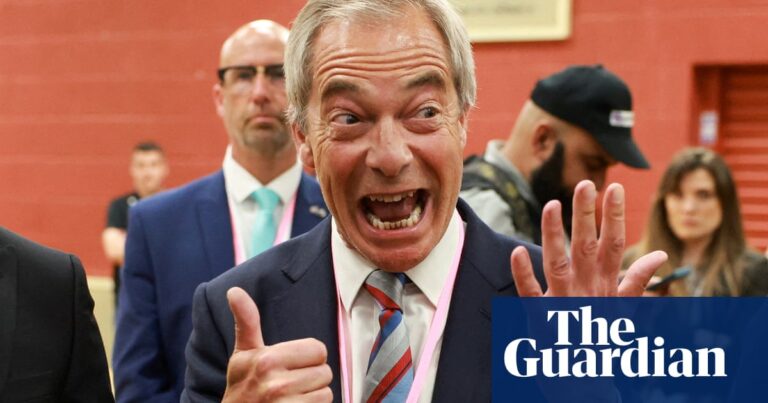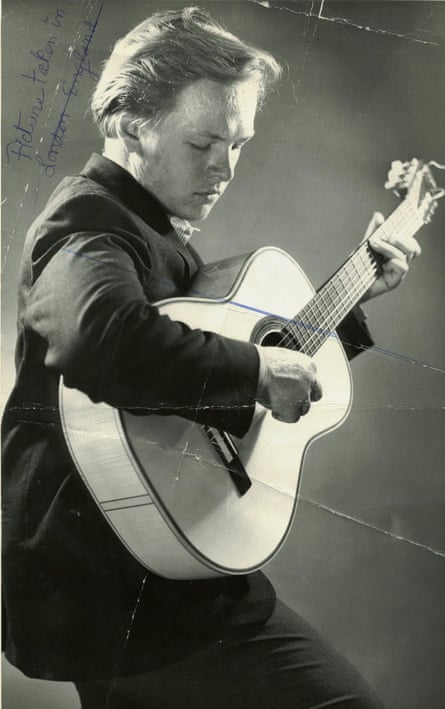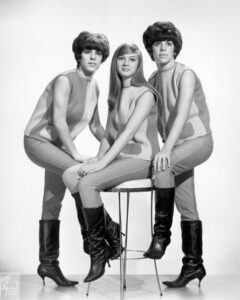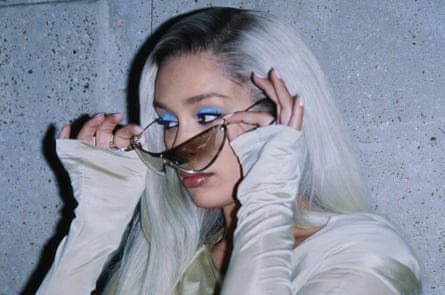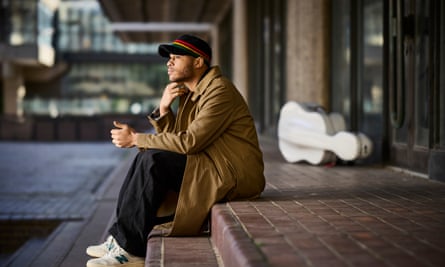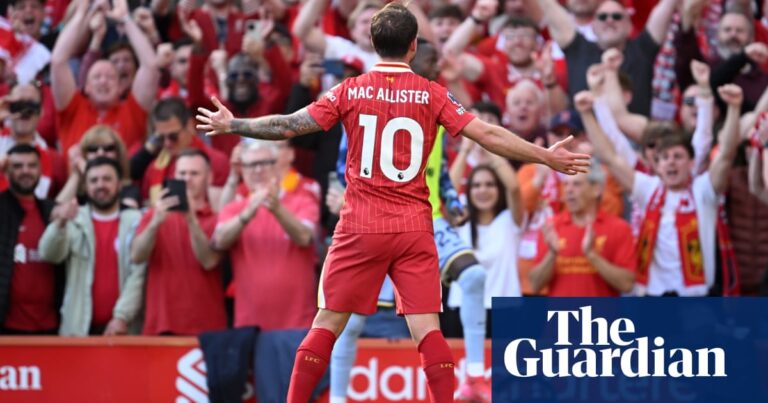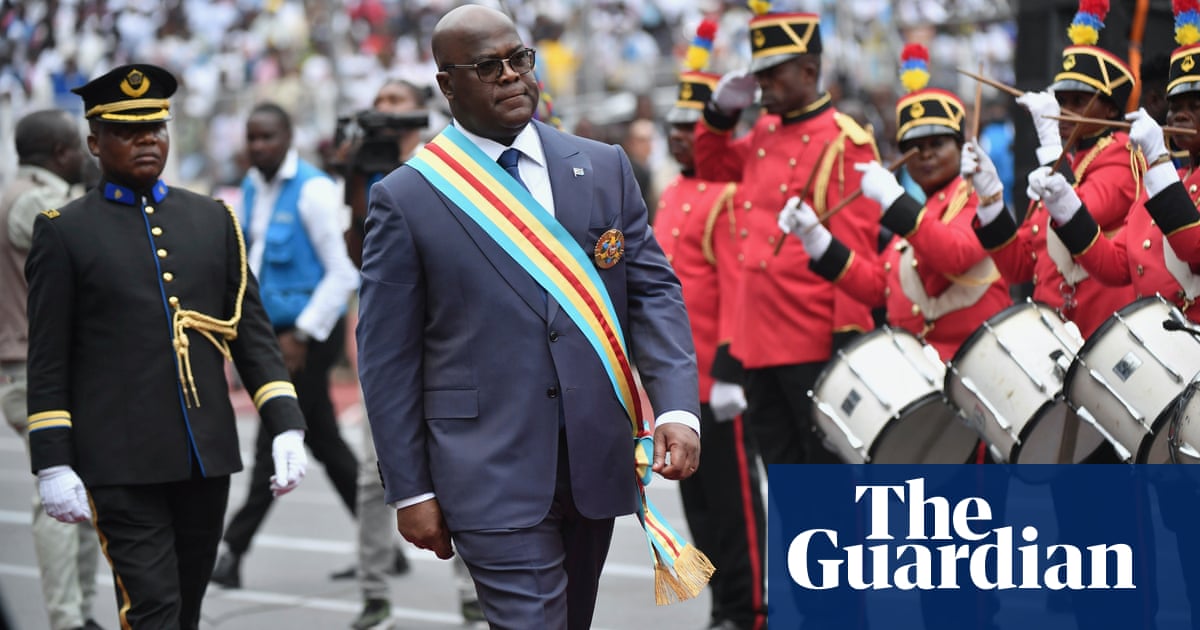
Félix Tshisekedi, the current leader of the Democratic Republic of Congo, has taken an oath for his second term as president. Despite his clear win in the December election, his rivals have not accepted the results due to numerous irregularities.
The government has recognized issues, but has rejected claims that the election was fraudulent. This tense situation is reminiscent of past disagreements over elections that have sparked turmoil in the second largest country in Africa. Demonstrations erupted on Saturday in two cities in the eastern region.
Tshisekedi was sworn in as the new leader of the Democratic Republic of Congo in Kinshasa, the country’s capital. The ceremony took place at a crowded stadium with enthusiastic supporters, government representatives, African leaders, and diplomats from the US, China, and France in attendance.
During a public address, he recognized the nation’s aspirations for improved living standards and economic prospects. Roughly 62% of Congo’s population of 100 million survive on less than one dollar per day.
“I understand your expectations,” he stated. “One of the objectives for the next five years is to generate more employment opportunities.”
He also committed to a significant reorganization of our security and defense systems and additional diplomatic endeavors to tackle the ongoing security issue in the eastern provinces of the DRC.
His inauguration was celebrated with performances of the Hallelujah chorus from Handel’s Messiah by choirs, as well as a parade by military bands and a 21-gun salute.
Despite the presence of armed military police in the capital, there was no immediate indication that supporters of the opposition had followed the call from two of Tshisekedi’s major rivals to demonstrate against his re-election.
In the early hours of the morning, demonstrators in the eastern city of Beni built makeshift blockades and set fire to tires. Police intervened and successfully dispersed the protest without any significant issues. Smaller demonstrations occurred in other urban areas, including the eastern city of Goma, but were brought under control due to the widespread presence of security personnel.
The National Episcopal Conference of Congo (CENCO), the biggest organization monitoring elections in Congo, declared the recent presidential and legislative polls to be a disaster. They based this statement on their own observations of fraudulent activities, mismanagement of election materials, parallel voting, and other concerns.
The nation’s voting committee has declared that these violations were minimal and did not influence the results of the elections, which they claim were ultimately conducted fairly and without interference.
Numerous nations in Africa and the Western world are concerned that the disagreement may exacerbate the instability of a country that is a significant exporter of minerals. As a result, they have acknowledged Tshisekedi as the victor after the DRC’s top court rejected any official protests.
Denis Mukwege, a Nobel Peace Prize-winning gynecologist and opposition presidential candidate, expressed his disappointment with the lack of concern and surprising inaction of international diplomacy in a statement on Saturday.
He and Tshisekedi’s main challengers, including Moïse Katumbi and Martin Fayulu, have refused to contest the results in court over the alleged lack of independence of state institutions. The government has rejected their demand for a full rerun of the vote.
Source: theguardian.com
